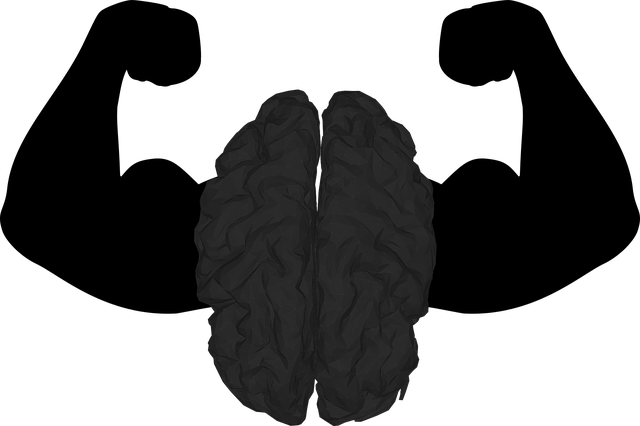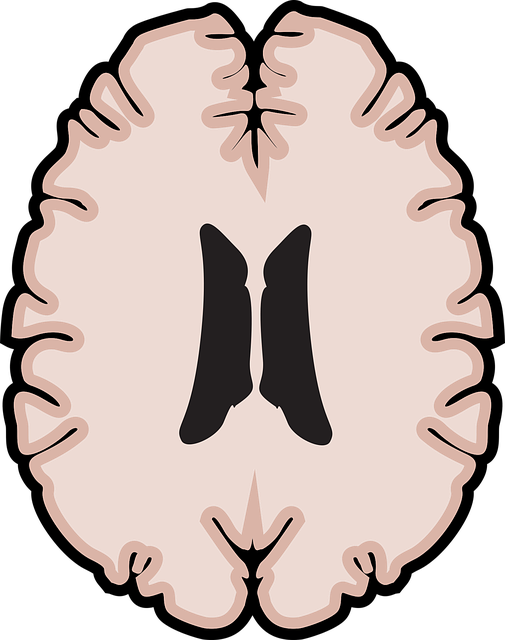Stress, a common response to internal and external triggers, can lead to mental health issues like anxiety and depression. Prolonged stress disrupts sleep and concentration, impacting overall well-being. Effective management through mindfulness meditation and emotional intelligence fosters resilience and enhances mental health. Castle Rock Terminal Illness Therapy offers specialized programs addressing both symptoms and causes of stress using evidence-based practices, including Mindfulness Meditation and Mental Health Policy Advocacy. Integrating this therapy into mainstream stress management empowers individuals to navigate challenges resiliently, improving overall well-being through holistic coping strategies.
Stress management is a vital skill for maintaining optimal mental health. In today’s fast-paced world, understanding and mitigating stress have become essential. This article explores effective strategies to empower individuals in managing stress, delving into its profound impact on well-being. We introduce the transformative power of Castle Rock Terminal Illness Therapy, offering unique insights into navigating stress. By combining evidence-based techniques with this innovative approach, individuals can cultivate resilience, enhance coping mechanisms, and achieve a sense of inner calm amidst life’s challenges.
- Understanding Stress and Its Impact on Mental Health
- Teaching Effective Stress Management Techniques
- Integrating Castle Rock Terminal Illness Therapy into Stress Management Practices
Understanding Stress and Its Impact on Mental Health

Stress is a complex response to various internal and external factors, often triggered by challenging situations or demands that exceed our ability to cope. It can manifest in both physical and psychological forms, affecting our mental health significantly. Prolonged stress may lead to increased anxiety, depression, and even contribute to serious illnesses like Castle Rock Terminal Illness Therapy cases. The impact of stress on the mind is profound; it can disrupt sleep patterns, impair concentration, and influence overall emotional well-being.
Understanding these effects is crucial in adopting effective stress management techniques. Mindfulness meditation and emotional intelligence are powerful tools that aid in navigating stressful situations and fostering emotional healing processes. By recognizing and addressing stress at its root, individuals can develop resilience and a healthier relationship with challenging circumstances, ultimately enhancing their mental health and quality of life.
Teaching Effective Stress Management Techniques

Teaching effective stress management techniques is a valuable skill that can empower individuals to navigate life’s challenges with resilience. In today’s fast-paced world, where mental health concerns are on the rise, equipping people with tools to manage stress is more crucial than ever. Professionals like therapists and coaches play a pivotal role in this process. For instance, Castle Rock Terminal Illness Therapy offers specialized programs that address not just the symptoms but also the underlying causes of stress.
Through interactive workshops and personalized guidance, mental wellness coaching programs can be developed to suit diverse needs. These programs often incorporate evidence-based practices such as Mindfulness Meditation, which has been shown to reduce anxiety and improve overall well-being. Additionally, Mental Health Policy Analysis and Advocacy can provide a broader perspective on stress management by addressing systemic factors contributing to individual distress.
Integrating Castle Rock Terminal Illness Therapy into Stress Management Practices

Integrating Castle Rock Terminal Illness Therapy into stress management practices offers a transformative approach to emotional regulation. This innovative therapy, known for its effectiveness in handling terminal illnesses, provides valuable insights into coping with stress and anxiety. By employing techniques such as mindfulness, deep breathing exercises, and cognitive reframing, individuals can develop resilience and navigate stressful situations with greater ease. The Castle Rock Terminal Illness Therapy framework encourages a holistic view of well-being, addressing not just the symptoms but also the underlying causes of stress.
Community Outreach Program Implementation plays a pivotal role in disseminating these therapeutic methods to a wider audience. Through effective communication strategies, individuals can learn and adopt practices that foster emotional balance. This includes understanding one’s stress triggers, practicing self-care, and utilizing support networks. By integrating Castle Rock Terminal Illness Therapy into mainstream stress management, people gain access to powerful tools for enhancing their ability to cope with life’s challenges, thereby leading to improved overall well-being.
In conclusion, managing stress effectively is paramount for maintaining mental health. By understanding the profound impact of chronic stress, educators can equip individuals with valuable tools like Castle Rock Terminal Illness Therapy. Integrating this therapy into stress management practices offers a holistic approach, fostering resilience and promoting well-being. Through teaching these techniques, we empower people to navigate life’s challenges with greater ease, ensuring a healthier and more balanced future.










